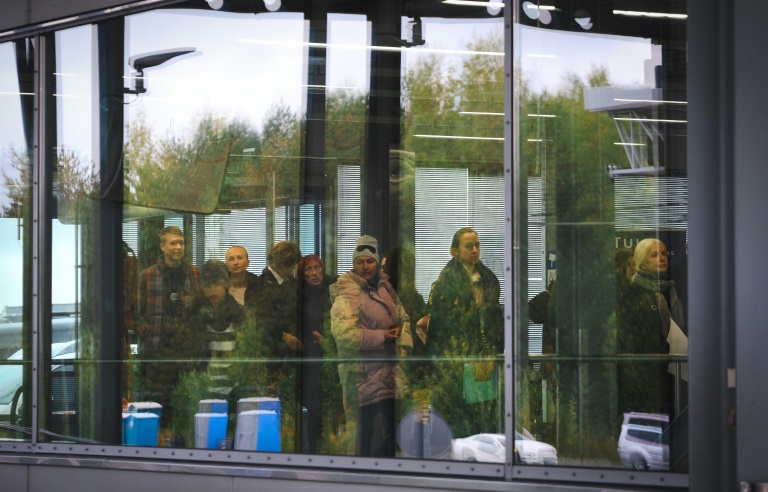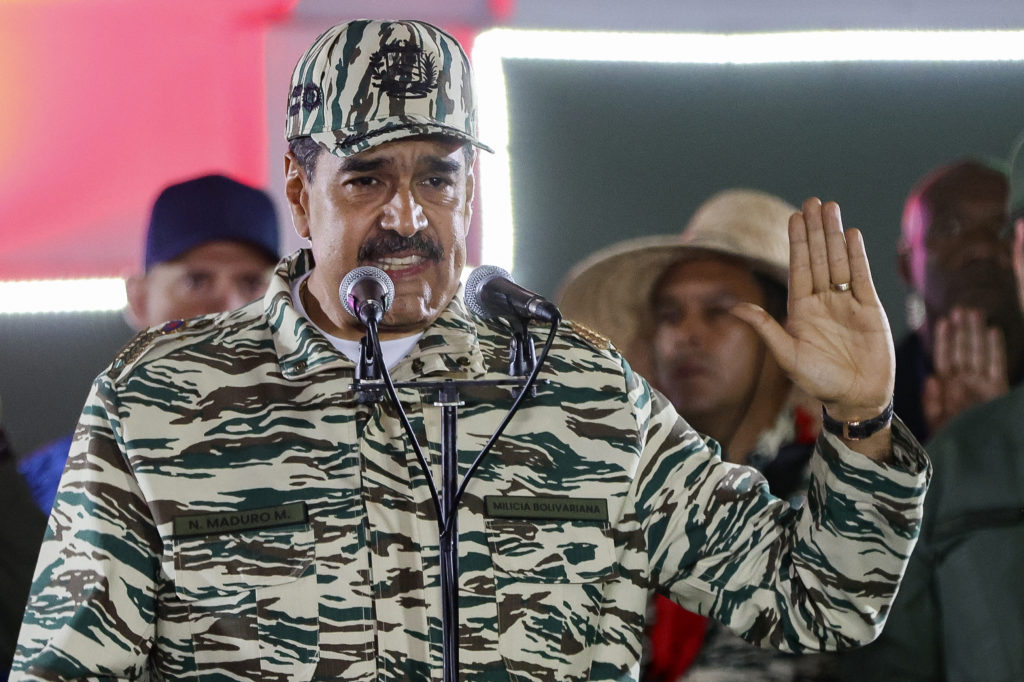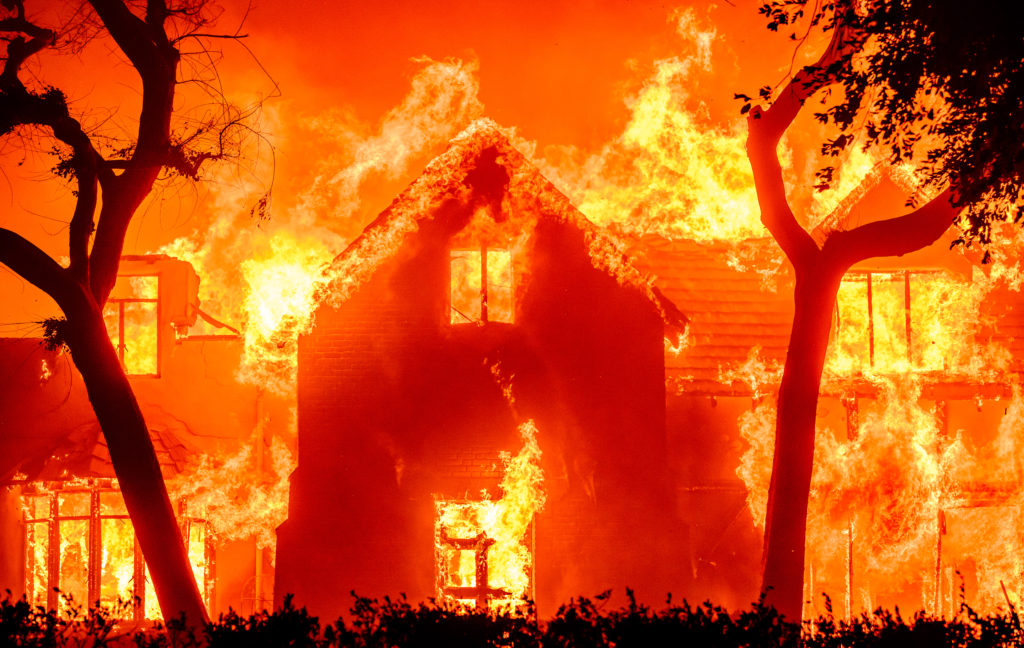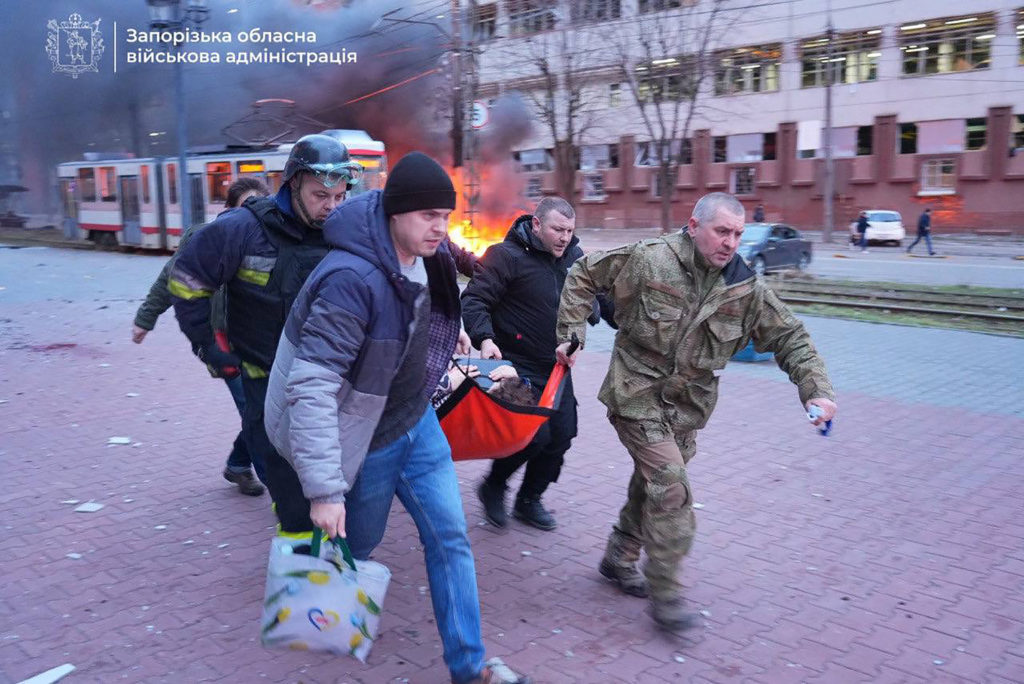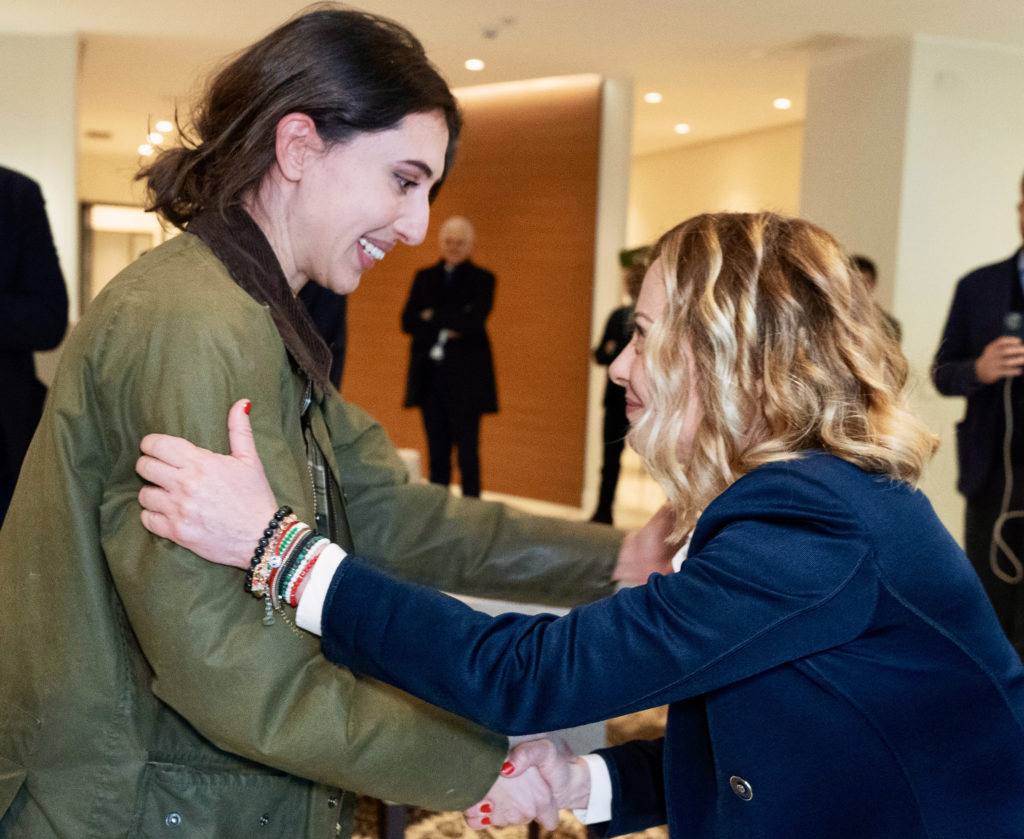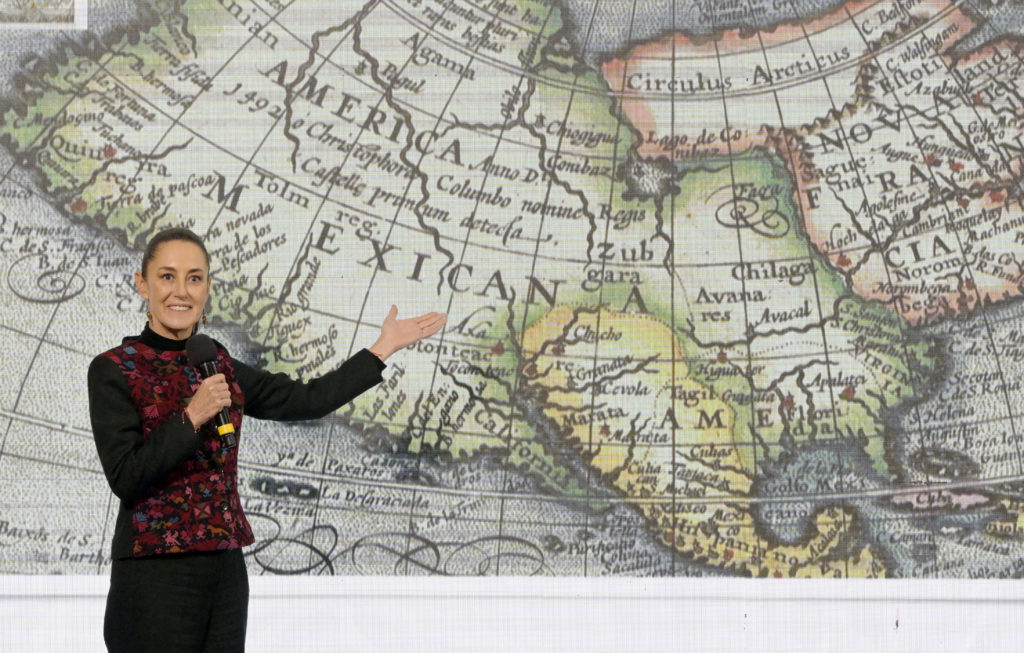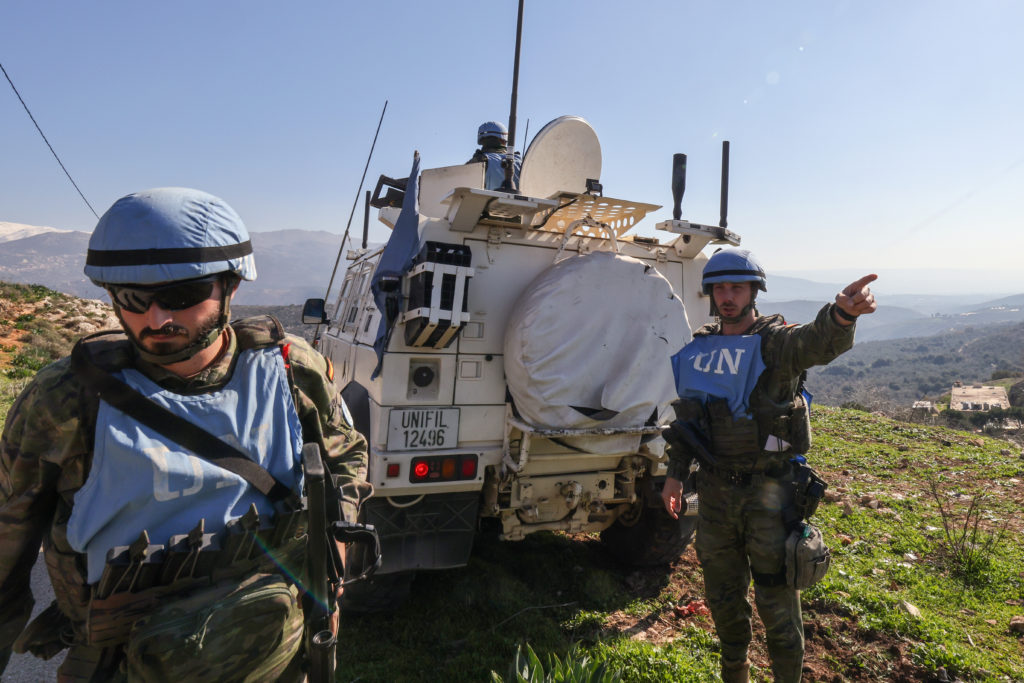Even before Russia's mobilisation order Finland had restricted the number of visas issued to Russians
Finland said Thursday it will bar Russians with Schengen tourist visas from entering the country at midnight (2100 GMT) following a surge in arrivals after Moscow’s mobilisation order.
“The decision aims to completely prevent the current situation of Russian tourism to Finland and the related transit through Finland,” Foreign Minister Pekka Haavisto told a press conference.
Haavisto cited damage to “Finland’s international relations” as a justification for the decision and said Russia’s mobilisation had a “significant impact” on the Finnish assessment.
The “illegal referendums in Ukraine” and the alleged sabotage of the Nord Stream pipelines in the Baltic Sea “have added to concerns”, Haavisto said.
Restrictions include exceptions on human rights grounds, and Russians can still enter Finland to meet family, work, or study.
“The decision must also not prevent travel for humanitarian reasons,” Haavisto added.
Interior Minister Krista Mikkonen said it was possible the restrictions would trigger an increase in asylum applications and illegal border crossings.
Mikkonen said that someone being called up for mobilisation itself was not grounds for asylum — unless it can be shown, for example, that the individual might be forced to commit war crimes or is subject to disproportionate punishment.
“But those decisions are always taken individually by the authorities,” she said.
Even before Russia’s mobilisation order Finland had restricted the number of visas issued to Russians, as tourism from its eastern neighbour had caused discontent due to the war in Ukraine.
But Haavisto noted that the restrictions in place were not “sufficient” in the current situation.
– ‘Horribly unpleasant’ –
Fearing that Russia could close its border “forever” following the mobilisation order, a growing number of Russians, many of fighting age, have been rushing to cross into neighbouring Finland in recent days.
Most of them have rushed to the Vaalimaa border crossing in the south.
The number of daily crossings hovered around 7,000 or 8,000 last weekend and earlier this week, but numbers began to decline on Wednesday.
“I just made it through, I don’t know how the others will get through. It’s sad, sad”, Andrei Stepanov, a 49-year-old Russian told AFP of the new restrictions.
“I feel sorry for the others, they’re already like in prison there. Now it’s even worse”, said Stepanov, originally from Samara, about 100 kilometres (60 miles) from the Kazakh border.
“We already were behind the iron curtain, now the curtain will be even thicker. It’s horribly unpleasant”, lamented Aleksander Veselov, a 64-year-old from Saint Petersburg.

